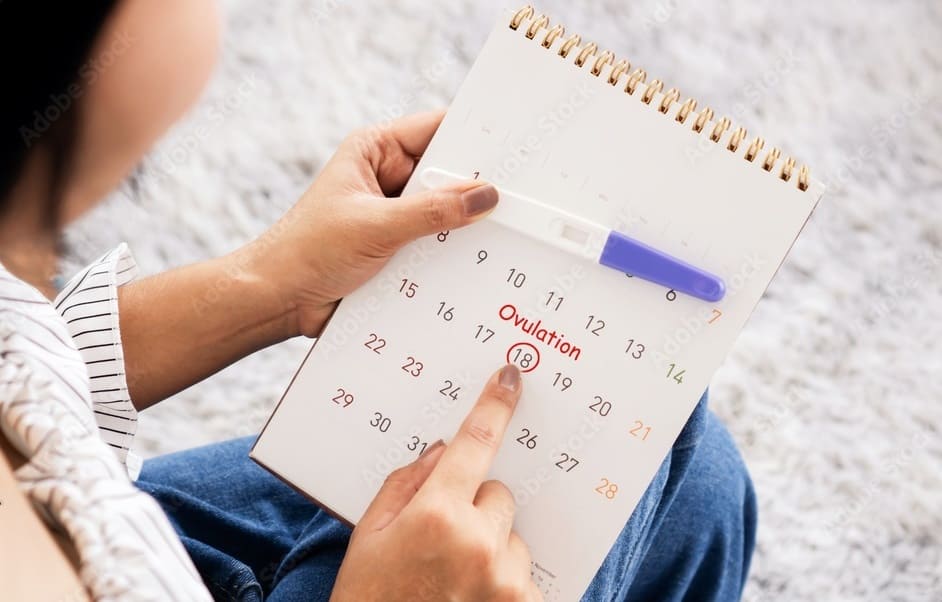For many individuals, understanding the timing of pregnancy can feel like unraveling a mystery. While there are clear biological processes at play, the specific details can vary widely depending on your menstrual cycle. If you’ve ever wondered, “How many days after my period can I get pregnant?” this blog post is here to help clarify the topic.
Basics of Your Menstrual Cycle
To grasp when pregnancy is possible, it’s important to first understand the menstrual cycle:
- Day 1: The first day of your period marks the start of your menstrual cycle.
- Ovulation: Typically, ovulation occurs around day 14 of a 28-day cycle. This is when an egg is released from the ovary.
- Fertile Window: The fertile window spans 5 days before ovulation and up to 24 hours after ovulation. Sperm can survive in the reproductive tract for up to 5 days, making this period critical for conception.
Understanding Fertility: When Can Pregnancy Happen After Your Period?
The number of days after your period when pregnancy can occur depends on:
1) The Length of Your Menstrual Cycle:
- If you have a short cycle (e.g., 21 days), ovulation might occur closer to the end of your period. This increases the likelihood of getting pregnant soon after menstruation.
- For longer cycles (e.g., 35 days), ovulation occurs later, and the window for pregnancy is further away from your period.
2) The Duration of Your Period:
- Longer periods can overlap with the fertile window in shorter cycles, making pregnancy possible soon after your period ends.
3) Ovulation Variability:
- Stress, illness, or hormonal changes can shift ovulation, affecting your fertile window.
Example Scenarios
- Short Cycle: If your cycle is 21 days and your period lasts 7 days, ovulation could occur as early as day 10. Since sperm can survive up to 5 days, having intercourse near the end of your period could lead to pregnancy.
- Average Cycle: For a 28-day cycle with a 5-day period, pregnancy is less likely immediately after your period but becomes more probable as you approach ovulation.
- Long Cycle: If your cycle is 35 days, ovulation might not occur until day 21. In this case, the days immediately after your period are less likely to result in pregnancy.
Tracking Your Cycle for Clarity
Understanding your unique cycle can help you better predict your fertile window. Consider:
- Tracking Ovulation: Use ovulation predictor kits (OPKs) or fertility apps to identify your fertile days.
- Monitoring Physical Signs: Cervical mucus changes (becoming clear and stretchy) and a slight rise in basal body temperature indicate ovulation.
Can You Get Pregnant Right After Your Period?
Yes, it’s possible, especially if:
- You have a shorter cycle.
- Your period lasts longer than average.
- Ovulation occurs earlier than expected.
Final Thoughts
The timing of pregnancy after your period depends on several factors, including your cycle length, period duration, and ovulation timing. While some people may find it unlikely to conceive right after their period, others might find themselves within the fertile window sooner than expected.
If you’re trying to conceive, understanding your menstrual cycle is key. And if you’re not looking to get pregnant, using contraception consistently is crucial, as the timing of ovulation can vary. When in doubt, consult a healthcare provider to discuss your unique cycle and any questions you have about fertility.
Remember, knowledge is power when it comes to understanding your body and its natural rhythms.
Also Read:
